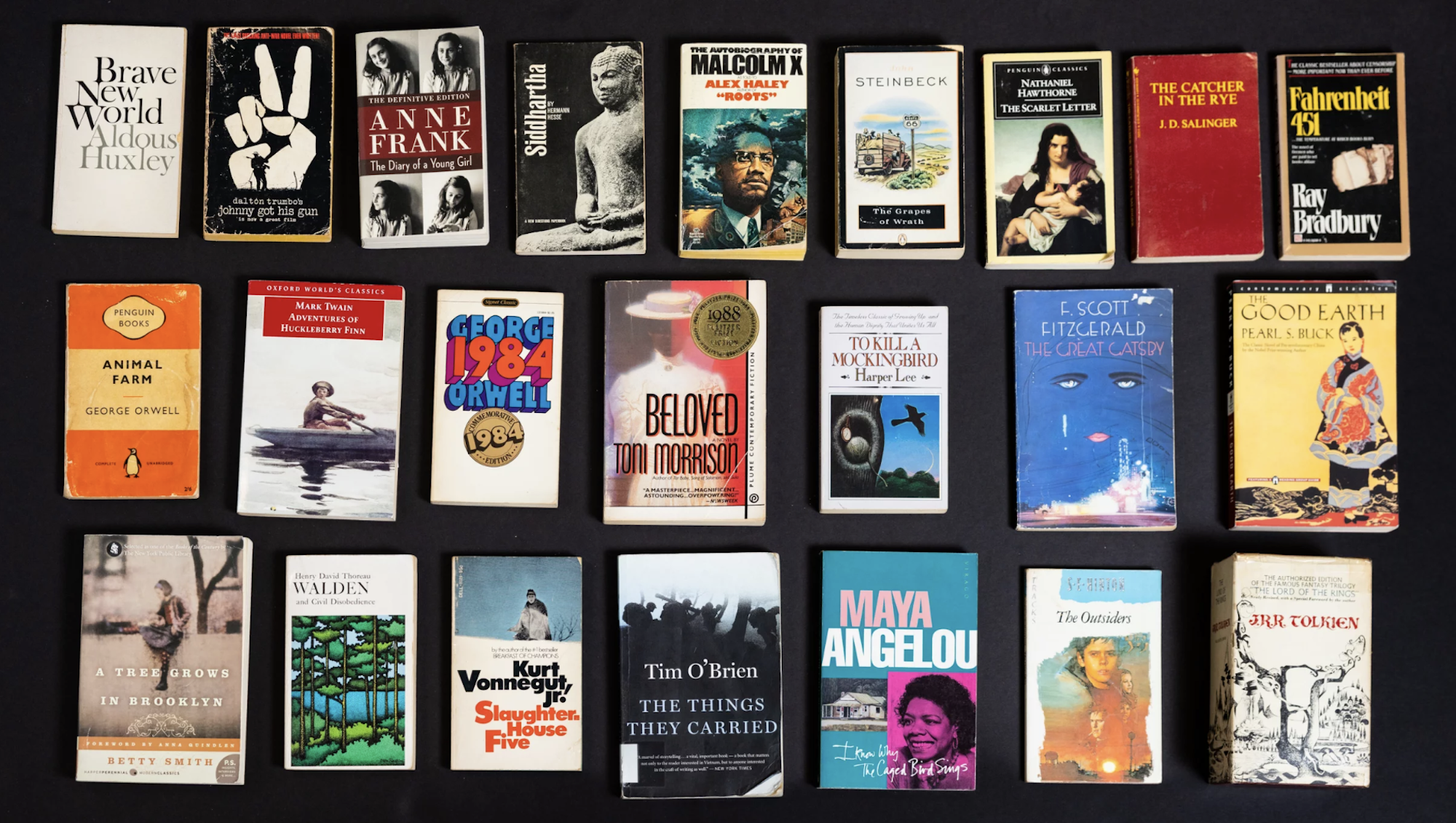
"Not long after I arrived, my English teacher, sensing I was having difficulty adjusting, asked how I was doing. ... I told her I didn't like the humidity and that I didn't understand why all the Black kids seemed so angry. She reached for the bookshelf and handed me a copy of To Kill a Mockingbird and said: 'Read this - it will help you understand.'"
""Francie was me," writes Rebekah Sidzyik, 52, of Bellevue, Neb. "I didn't know other people were poor and hungry. I didn't know other people had dads who were drunk - lost souls who were despicable yet loved, hopeless yet endearing.""
""To know it's on banned reading lists across the nation breaks my heart. No one ever said the truth was going to be beautiful." Crain says novels rooted in the nation's history "teach us what we did wrong, sometimes what we did right, and how we can do better moving forward.""
""I felt as if I was being let in on the secret life of grown-ups. It completely rocked my world," Hass writes. "I'm now a school librarian and live for those moments where I can introduce stories to young people!""
More than 1,100 readers wrote about high-school books that profoundly affected them. The list reflects a time with fewer female authors and writers of color assigned in schools. Many respondents expressed hope for more varied and diverse syllabuses today. Specific books helped readers understand race, poverty, family dysfunction, hypocrisy, and accountability. Some readers described books that opened their eyes to the adult world and steered them toward careers in librarianship or lifelong reading. Reaction to book banning produced heartbreak and reinforced the belief that historical novels teach national mistakes, achievements, and paths toward improvement.
Read at Kqed
Unable to calculate read time
Collection
[
|
...
]